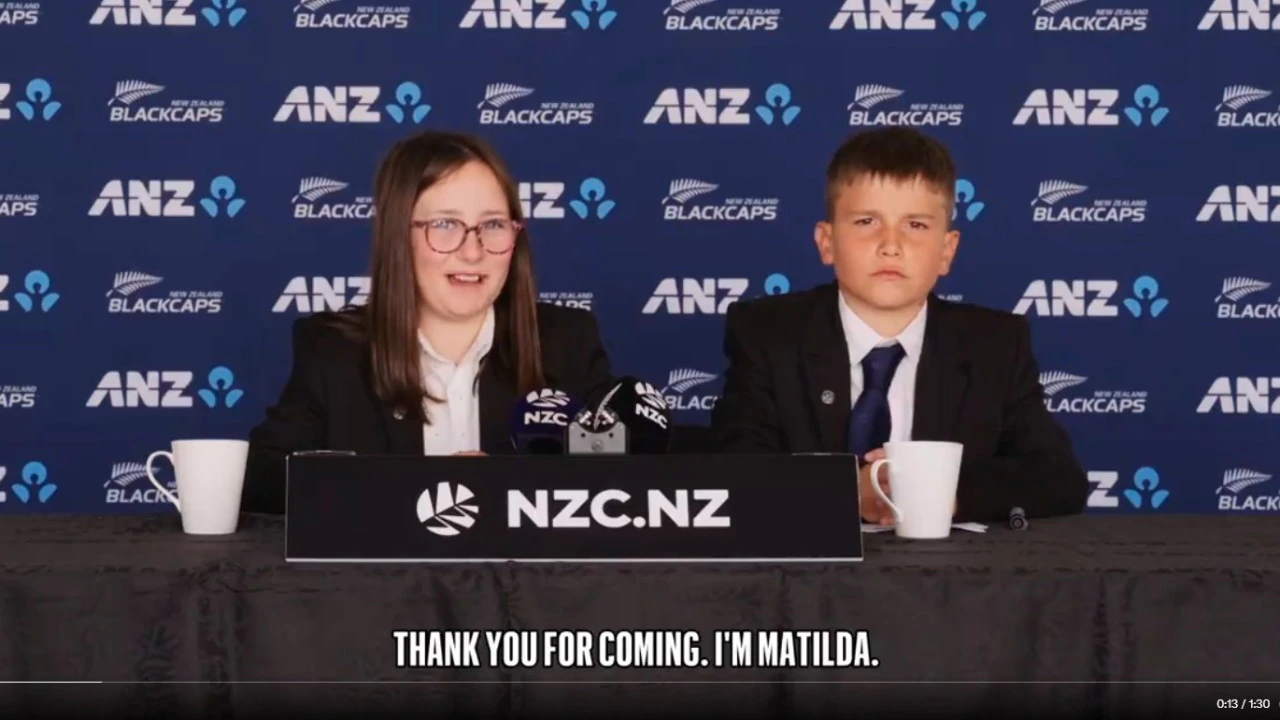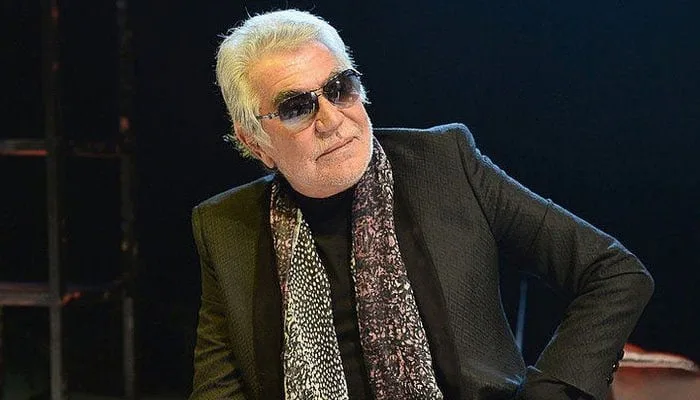In a surprising turn of events, renowned singers Maliko and Sara Altaf have been barred from traveling abroad due to their names being included in the Prohibited Names Index (PNI) list. The two artists were scheduled to perform in a series of shows in London, which now face cancellation, resulting in significant financial and professional setbacks.
Appeal to the Government
Singer Maliko has publicly appealed to the government, urging the removal of his name from the PNI list. He expressed his deep disappointment and frustration, highlighting the severe impact this decision will have on his career and the livelihoods of those dependent on his performances. “Not being able to perform in London would be a massive loss for me and my promoters,” Maliko stated. “As an artist, I have always been neutral, singing for everyone. My fans worldwide expect me to be there. If I am offloaded from the plane, it sends a negative message to the entire world. I was planning to bring money back to Pakistan, which would help sustain many households.”
Impact on Career and Livelihood
Maliko emphasized that his inclusion in the PNI list is not only a personal setback but also affects numerous individuals who rely on the success of his shows. “The earnings from my performances help support many people,” he said. The singer underscored the broader economic implications, pointing out that the inability to perform abroad directly translates to financial hardships for his team and promoters.
Political Connections and Popularity
Both Maliko and Sara Altaf have gained immense popularity for their songs, some of which are connected to political organizations. These songs have resonated widely with audiences, further cementing their status as beloved artists. However, it appears that this very connection may have played a role in their current predicament. Despite the popularity of their politically themed music, the decision to place them on the PNI list raises questions about the intersection of art, politics, and censorship.
Public and Media Reaction
The news of Maliko and Sara Altaf’s travel restrictions has sparked a wave of reactions from the public and media alike. Fans have expressed their outrage and disappointment, with many taking to social media to voice their support for the artists and criticize the decision. Media reports have highlighted the potential damage to Pakistan’s cultural reputation and the economic loss that comes with preventing successful artists from performing on international stages.
The Broader Context
This incident is part of a broader context of increasing scrutiny and restrictions on artists, particularly those whose work intersects with political themes. The inclusion of Maliko and Sara Altaf in the PNI list may reflect broader concerns about the influence of art on public opinion and political discourse. However, it also raises important questions about freedom of expression and the role of artists in society.
Moving Forward
For now, Maliko and Sara Altaf are appealing to the government to reconsider their inclusion in the PNI list. They hope that a resolution can be reached that allows them to continue their international performances and fulfill their professional commitments. The outcome of this appeal will not only impact their immediate plans but could also set a precedent for other artists facing similar restrictions.
The barring of Maliko and Sara Altaf from traveling abroad due to their inclusion in the PNI list has significant implications for their careers and the broader artistic community. As they seek to have their names removed from the list, the situation underscores the delicate balance between artistic expression, political influence, and governmental control. The response from fans and media alike reflects a strong support for the artists and a call for the protection of artistic freedoms.



